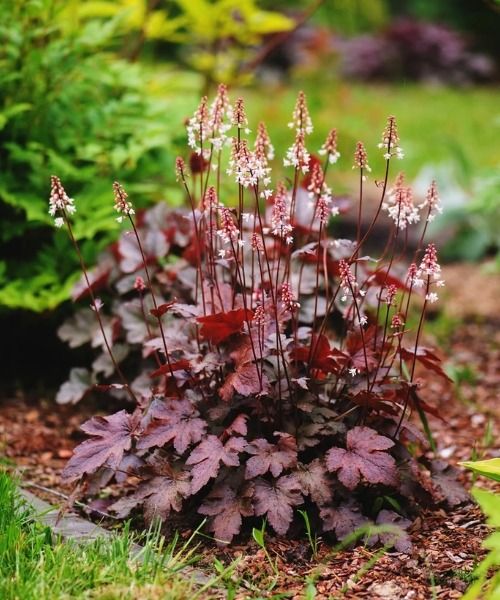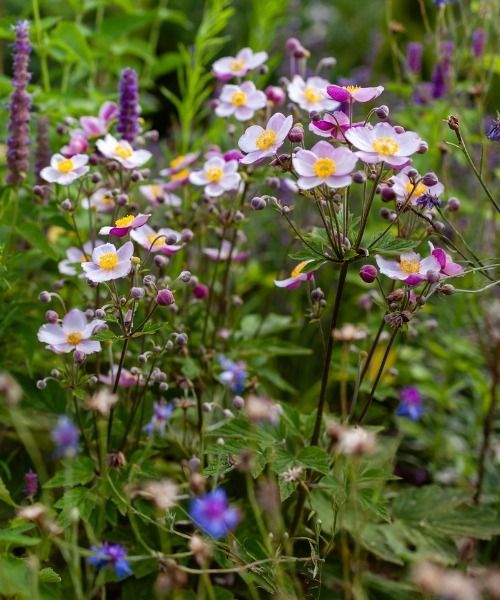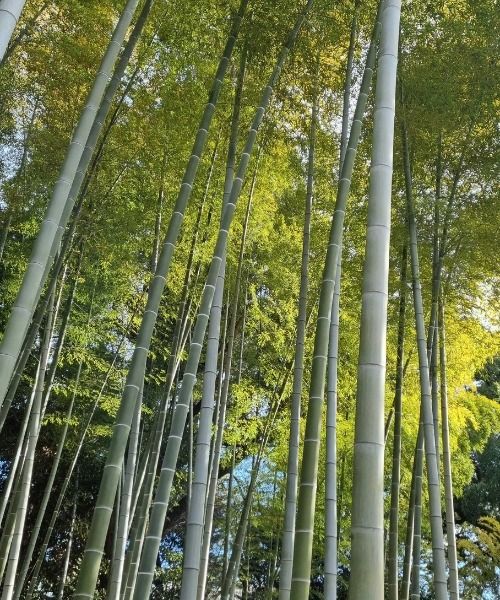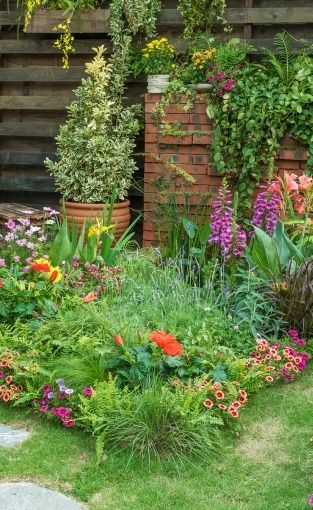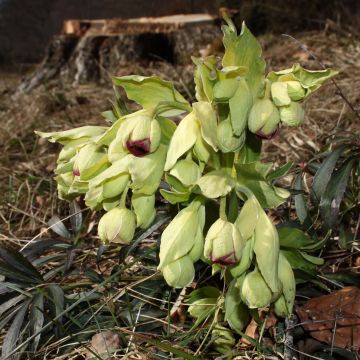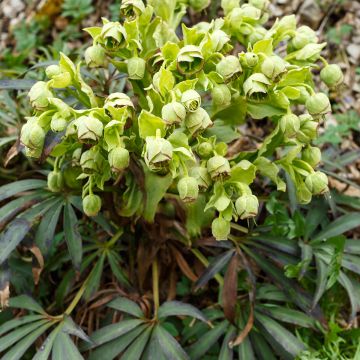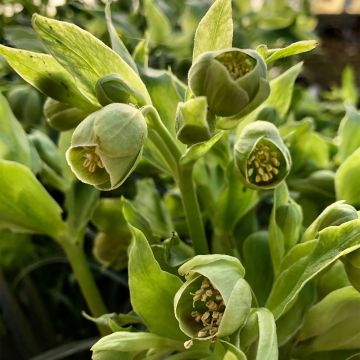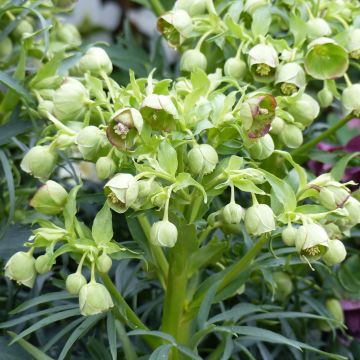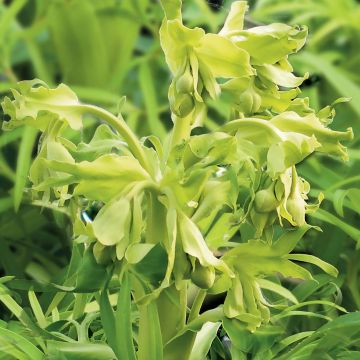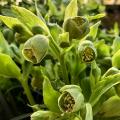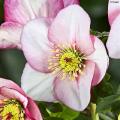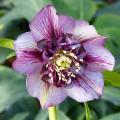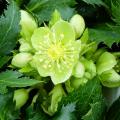Helleborus foetidus
Does this plant fit my garden? Set up your Plantfit profile →
Available in 1 sizes
Available in 1 sizes
Available in 2 sizes
Available in 2 sizes
Available in 1 sizes
Helleborus foetidus, also known as Stinking Hellebore or Bear's Foot, is a perennial native to Western and Central Europe. It grows wild in shady undergrowth and scrubland in rocky areas. Reaching heights of 30 to 50cm (12 to 20in), its biennial and robust stems are glabrous (lacking leaves at the collar) but densely leafy below the inflorescence. Its highly decorative evergreen foliage is divided into 7 to 10 narrow, lanceolate segments measuring 15 to 30cm (6 to 12in) in length. The colour of the leaves can vary from dark green to grey, depending on the variety. When crushed, the foliage emits an unpleasant odour (hence its name, Stinking Hellebore). The early flowering period occurs from January to April. The flowers, arranged in clusters, consist of numerous small bell-shaped flowers measuring 1 to 3cm (0 to 1in) in diameter. These flowers are pendulous, providing protection against inclement weather, and symmetrical. They are pale green in colour, sometimes with a purple border. The flowers have numerous stamens, larger than the petals, arranged in a spiral pattern as is typical of all Ranunculaceae. Stinking Hellebore thrives in full sun or partial shade in well-drained soil with a neutral to alkaline pH.
Haven't found what you were looking for?

































